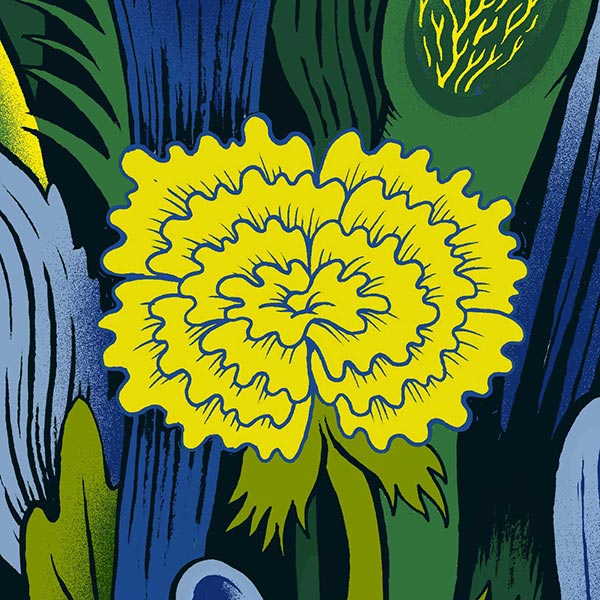To understand what makes a good community of solvers, we start by focusing on the skills and resources needed to solve a problem. We start with the what, rather than the who.
- What are the skills and experiences needed to solve the problem? What domain-specific expertise is needed? What other skills or perspectives would be useful? Would the solver require a good sense of business, politics or communication?
- What kind of resources are needed to solve the problem? How much money, time, equipment or facilities will solvers need to develop an early prototype for the solution? What about to build a fully-functioning solution?
Making these explicit is important because it can shed a light on skills, resources or perspectives that are needed but might otherwise be ignored.
After we have an understanding of the skills and resources, we try to identify the individuals, communities and institutions that match them and could work on solutions.
- Who has the outlined skills and experiences needed to solve the problem?
- Who has the necessary resources to solve the problem?
The initial research into identifying a good problem should have already generated a long-list of people working on solutions or developing new approaches. This is a way of expanding that list.

